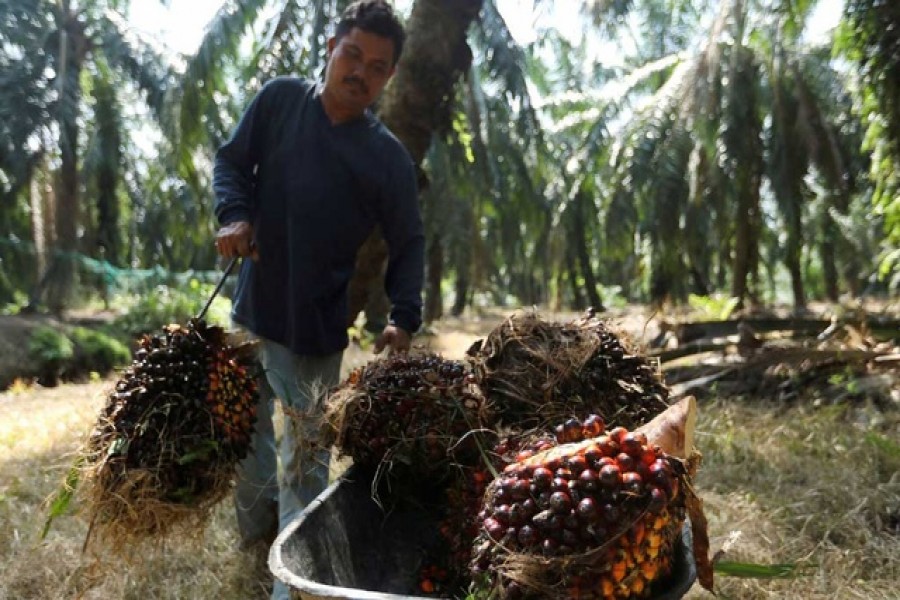Indonesia cancelled a plan to send its citizens to work in palm oil plantations in neighbouring Malaysia, which has faced a labour shortage, its envoy to Kuala Lumpur said on Tuesday, reports Reuters.
Malaysia, the world's second-largest palm oil producer, was set to welcome the first major batch of migrant workers from Indonesia since reopening borders in a boost for the industry that is facing a shortage of more than 100,000 workers.
The labour crunch has cut Malaysian palm oil production, which relies on foreign labour, to multi-year lows when the world faces a broader edible oil shortage due to the Russia-Ukraine war and export restrictions in top producer Indonesia.
On Tuesday evening, 164 workers from the island of Lombok in Indonesia, the industry's preferred source country for workers because of similarities in weather and terrain, were expected to arrive in Kuala Lumpur on a chartered flight, Indonesia's ambassador to Malaysia Hermono told Reuters.
But an Indonesian agency responsible for the protection of migrant workers cancelled the recruitment process and did not allow the workers to fly, the envoy said.
"Maybe there is a misunderstanding on the regulation of Malaysia in the process of work permit issuance. I gave my recommendation and assurances that all the workers will get the work permit once they pass medical examination in Malaysia," he said.
Malaysia's ministry of human resources, which had scheduled a monitoring session for Tuesday evening on the arrival of the workers, cancelled the event citing "unavoidable circumstances."
The Southeast Asian nation relies on foreign workers, who mainly come from Indonesia, Bangladesh, and Nepal, to fill factory and plantation jobs shunned by locals.
There have been growing concerns in recent years over the treatment of migrant workers, with seven Malaysian companies banned by the United States in the last two years over the use of what the US authorities consider "forced labour".


